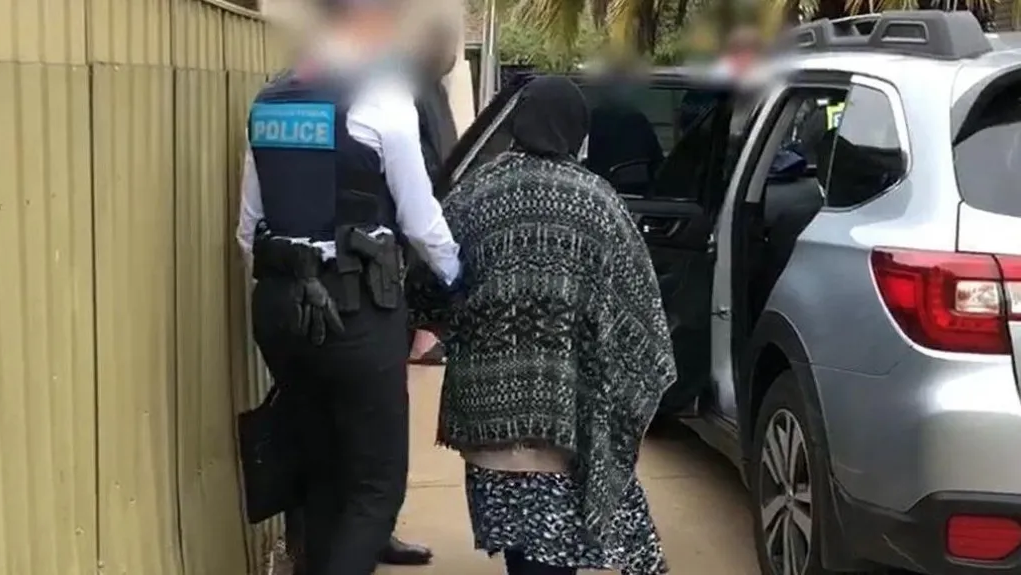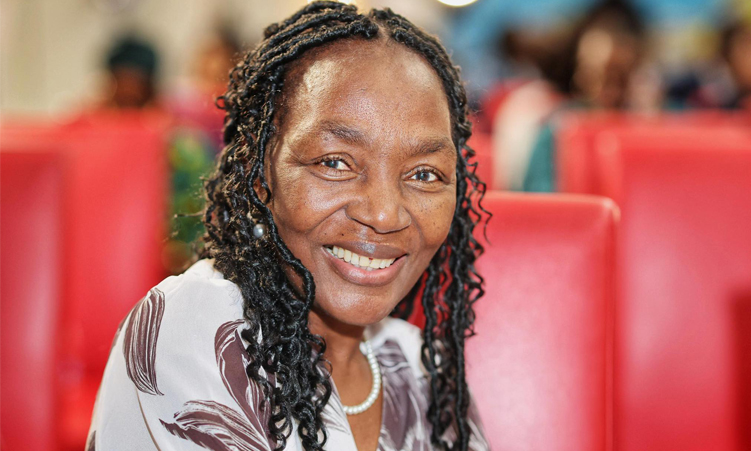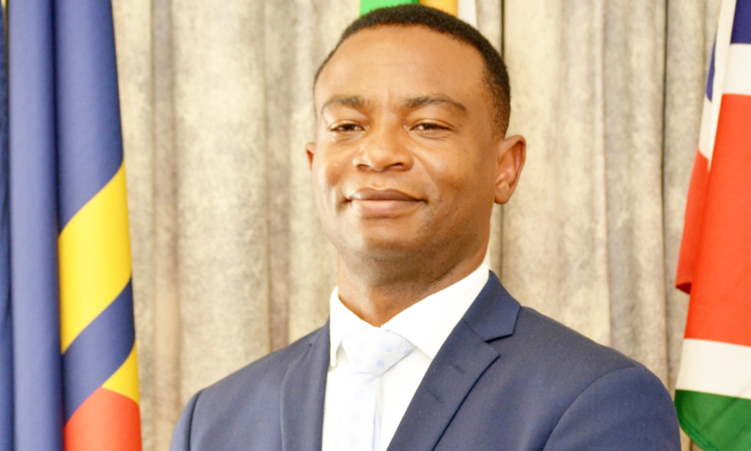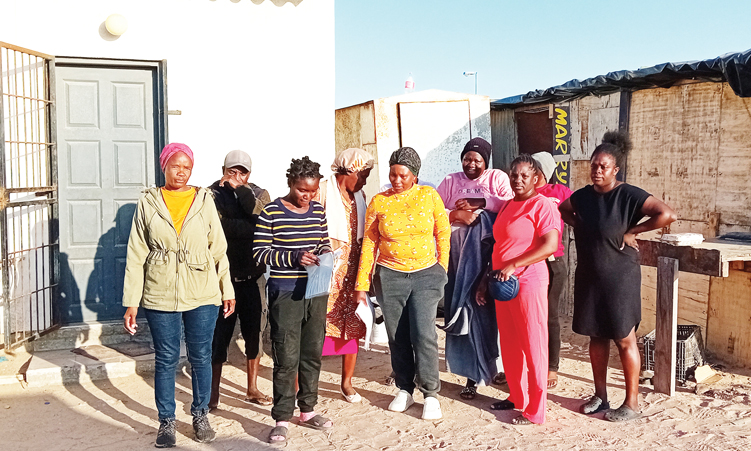A mother has become the first person to be jailed under Australia’s forced marriage laws, for ordering her daughter to wed a man who would later murder the 21-year-old.
Sakina Muhammad Jan, who is in her late 40s, was found guilty of coercing Ruqia Haidari to marry 26-year-old Mohammad Ali Halimi in 2019, in exchange for a small payment.
Six weeks after the nuptials, Halimi killed his new bride – a crime for which he is now serving a life sentence.
On Monday, Jan – who pleaded not guilty – was sentenced to at least a year in jail, for what a judge called the “intolerable pressure” she had placed on her daughter.
Forced marriage laws were introduced in Australia in 2013 and carry a maximum penalty of seven years imprisonment. There are several cases pending, but Jan is the first person to be sentenced for the offence.
An Afghan Hazara refugee who fled persecution from the Taliban and migrated to regional Victoria with her five-children in 2013, Jan’s lawyers have said she suffers enduring “grief” over the death of her daughter but continues to maintain her innocence.
The trial heard that Haidari had been first forced to enter an unofficial religious marriage at the age of 15 – a union that ended after two years – and did not want to marry again until she was 27 or 28.
“She wanted to pursue study and get a job,” Judge Fran Dalziel said in her sentencing remarks.
While Jan may have believed she was acting in the best interests of her daughter, Ms Dalziel said she had repeatedly ignored Haidari’s wishes and “abused” her power as a mother.
“[Haidari] would have known that not taking part in the marriage would raise questions about you and the rest of the family.”
“She was concerned not only about your anger, but your standing in the community.”
Jan was sentenced to three years in jail, but may be released after 12 months to serve the rest of her sentence in the community.
Afterwards, she sat in the court dock and told her lawyer she refused to accept the judge’s ruling before eventually being taken away, according to local media.
During Halimi’s sentencing for Haidari’s murder in 2021, a court in Western Australia – where the couple had lived – heard that he had been violent and abusive towards his new wife, forcefully insisting that she undertake household chores.
In a statement on Monday, Attorney General Mark Dreyfus described forced marriage as “the most reported slavery-like offence” in Australia, with 90 cases brought to the attention of federal police in 2022-23 alone.
Successive governments have promised to stamp out the practice – which police say is on the rise – and in May, Australia’s parliament voted to create an Anti-Slavery Commissioner to respond to claims of exploitation.
Stay informed with The Namibian – your source for credible journalism. Get in-depth reporting and opinions for
only N$85 a month. Invest in journalism, invest in democracy –
Subscribe Now!










